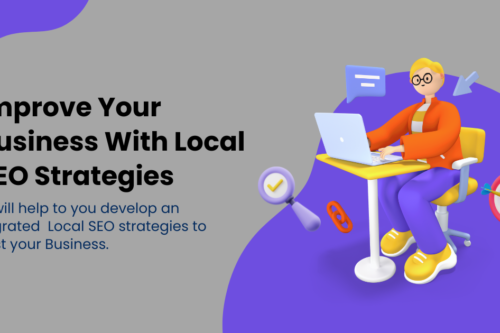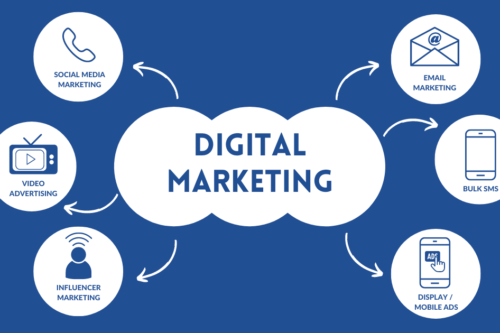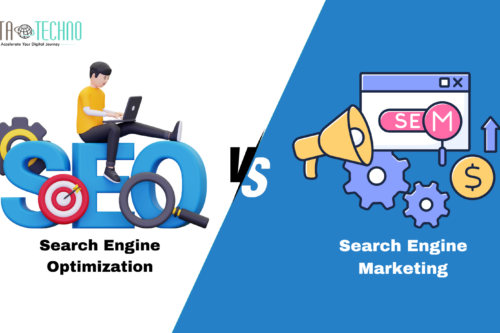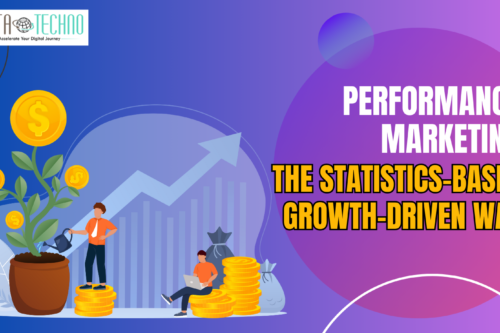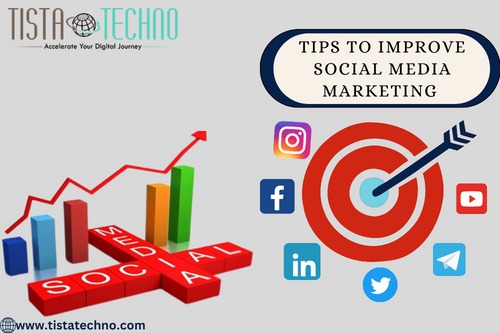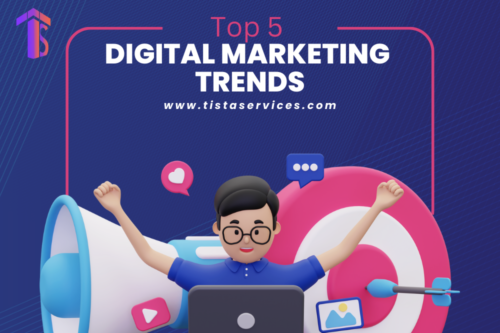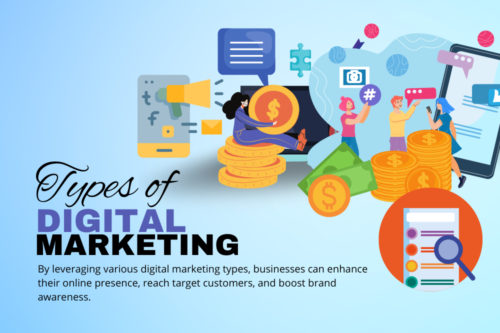Our reliance on search engines has become second nature in today’s digital era. Whenever we need answers, ideas, strategies, or services, the first instinct is to turn to search engines. With a staggering 3.5 billion searches per day on Google alone, it’s evident that search engines have seamlessly integrated into our daily lives. This integration extends beyond personal use and has become crucial to numerous business marketing strategies. Marketers, recognizing the immense potential, consider organic search the highest return on investment (ROI) channel, with 49% attributing this distinction to it.
Organic search refers to natural, non-advertising search engine results. To leverage organic search effectively as a marketing channel, marketers employ search engine optimization (SEO) techniques. Businesses can propel their growth by understanding and harnessing the power of search engines. In this comprehensive SEO guide, you will understand how to enhance your Google ranking, drive more traffic to your website, and elevate your brand’s reputation.
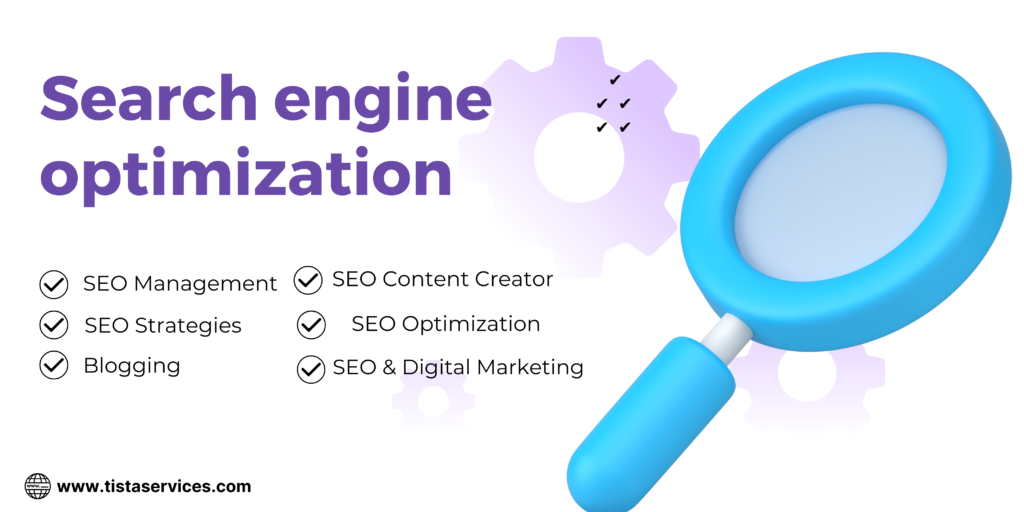
Introduction to SEO:
Search Engine Optimization, commonly known as SEO, refers to optimizing a website to enhance its visibility and organic search rankings. It involves various strategies and techniques aimed at improving the website’s relevance and authority in the eyes of search engines like Google, Bing, and Yahoo.
The Importance of SEO:
In today’s highly competitive online landscape, standing out from the crowd is crucial. With millions of websites vying for attention, SEO provides a way to increase your website’s chances of being discovered by potential visitors and customers. By implementing effective SEO strategies, you can improve your website’s ranking in search engine results pages (SERPs), increasing visibility, organic traffic, and potential conversions.
Understanding Search Engines:
Before diving into the intricacies of SEO, it’s essential to understand how search engines work. Search engines utilize complex algorithms to crawl and index websites, enabling them to provide relevant search results to users. These algorithms consider various factors, such as relevance, authority, user experience, and more, to determine the ranking of web pages.
Types of search engine optimizations :
-
On-Page Optimization:
On-page optimization focuses on optimizing various elements within a website to enhance its visibility and relevance to search engines. Some critical aspects of on-page optimization include:
Keyword Research –
Keyword research involves identifying relevant keywords and phrases that users commonly search for. By incorporating these keywords strategically into your website’s content, you can improve its visibility for specific search queries.
Content Optimization –
Creating high-quality, engaging, and relevant content is crucial for users and search engines. By optimizing your content with target keywords, headings, and descriptive meta tags, you can improve its visibility and appeal to both search engines and readers.
Meta Tags and Descriptions –
Meta tags and descriptions provide concise summaries of web pages. By optimizing these elements with relevant keywords and compelling narratives, you can improve click-through rates from search engine results pages and attract more organic traffic to your website.
URL Structure –
Creating clean and descriptive URLs that include relevant keywords can make it easier for search engines to understand the content of your web pages. A well-structured URL also enhances user experience and makes it more shareable.
Internal Linking –
Internal linking refers to linking to other pages within your website. By strategically interlinking relevant pages, you can improve website navigation, distribute link equity, and help search engines understand the hierarchy and relationships between pages.
-
Off-Page Optimization:
Off-page optimization refers to the activities conducted outside your website to improve its search engine rankings and increase visibility. Here are some off-page optimization strategies using the keywords you provided:
Create Blogspot –
Blogspot is a popular blogging platform owned by Google. To optimize your off-page presence using this keyword, you can:
- Create a Blogspot blog and regularly publish high-quality content related to your niche.
- Optimize your Blogspot blog by including relevant keywords in your blog titles, descriptions, and content.
- Share your Blogspot blog posts on social media platforms to drive traffic and increase visibility.
- Engage with other Blogspot bloggers by commenting on their posts and participating in blogging communities.
Content Writing –
Content writing is crucial for both on-page and off-page optimization. To optimize your off-page presence using this keyword, you can:
- Write guest posts on popular blogs or websites within your industry, incorporating relevant keywords.
- Create valuable and shareable content that naturally attracts backlinks from other websites.
- Submit articles to article directories with high domain authority, ensuring they contain optimized keywords.
- Share your content on social media platforms and encourage others to share it.
Backlinks –
Backlinks are essential for off-page optimization as they help search engines evaluate the credibility and authority of your website. To optimize your off-page presence using this keyword, you can:
- Conduct link-building activities such as outreach to other website owners and bloggers, requesting them to link to your site.
- Write high-quality guest posts on reputable websites in your industry, including links to your site within the content.
- Participate in forums and online communities, providing valuable insights and including links to relevant content on your website when appropriate.
- Submit your website to reputable online directories and listings, ensuring that your website URL and description contain relevant keywords.
Guest Blogging –
Guest blogging is an effective off-page optimization strategy that involves writing and publishing blog posts on other websites. To optimize your off-page presence using this keyword, you can:
Identify authoritative blogs within your niche that accept guest posts and offer to write quality content for them.
Include a brief author bio at the end of your guest post, with a link to your website.
Ensure your guest posts are informative, engaging, and relevant to the target audience.
Promote your guest posts on social media platforms to increase their visibility and drive traffic to your website.
Social media marketing, guest blogging, influencer outreach, and online reputation management can contribute to your website’s off-page optimization efforts.
-
Technical SEO:
Technical SEO focuses on optimizing the technical aspects of your website to enhance its performance and crawlability. Some critical considerations for technical SEO include:
Website Speed and Performance –
Fast-loading websites provide better user experiences and are favored by search engines. Optimizing factors like server response time, caching, image optimization, and minimizing code can improve your website’s speed and performance.
Mobile-Friendliness –
With the increasing use of mobile devices, having a mobile-friendly website is essential. Responsive design, mobile-optimized content, and intuitive navigation contribute to a positive mobile user experience, which can impact search engine rankings.
XML Sitemaps –
XML sitemaps help search engines understand the structure and organization of your website. By submitting an XML sitemap, you can ensure that all your important pages are crawled and indexed by search engines.
Robots.txt –
The robots.txt file allows you to control search engine crawlers’ access to specific parts of your website. Properly configuring the robots.txt file ensures that search engines can crawl and index the desired pages while avoiding irrelevant or sensitive ones.
-
Local SEO –
For businesses targeting specific geographic areas, local SEO is crucial. Local SEO techniques aim to optimize your online presence for local searches. Some vital elements of local SEO include:
Google My Business –
Creating and optimizing your Google My Business listing helps your business appear in local search results. It provides essential information to potential customers, such as addresses, phone numbers, reviews, and operating hours.
Online Directories –
Listing your business in relevant online directories and citation sites can improve your visibility in local search results. Consistent NAP (Name, Address, Phone) information across directories is crucial for local SEO.
Customer Reviews –
Cheerful customer reviews contribute to your online reputation and impact local search rankings. Encouraging satisfied customers to leave reviews and responding to feedback demonstrates your commitment to customer satisfaction.
Local Keyword Targeting –
Incorporating location-specific keywords in your content, meta tags, and headings can help search engines understand your business’s relevance to local searches.

SEO Analytics and Reporting :
Measuring the effectiveness of your SEO efforts is crucial for ongoing optimization. By leveraging various tools and analytics platforms, you can gather valuable insights about your website’s performance and make data-driven decisions. Some critical aspects of SEO analytics and reporting include:
Google Analytics –
Google Analytics provides in-depth data about website traffic, user behavior, conversions, and more. By analyzing this data, you can identify areas for improvement, track the effectiveness of your SEO strategies, and make informed decisions to enhance your online presence.
Keyword Ranking Tools –
Monitoring your website’s keyword rankings is essential to understand how well your SEO efforts are performing. Keyword ranking tools help you track your positions in search engine results for target keywords and identify opportunities for improvement.
Traffic Analysis –
Analyzing website traffic data, such as the number of visitors, demographics, referral sources, and engagement metrics, helps you gain insights into your audience and their preferences. This information can guide content creation and optimization strategies.
Conversion Tracking –
Tracking conversions, such as form submissions, purchases, or other desired actions, allows you to measure the success of your SEO campaigns in terms of tangible business results. Conversion tracking helps you identify high-performing pages and optimize your conversion funnels.
Keeping Up with SEO Trends :
SEO is an ever-evolving field, and staying up to date with the latest trends and algorithm updates is essential. Some key SEO trends and considerations include:
Algorithm Updates –
Search engine algorithms are constantly evolving to provide the best possible search results. Keeping an eye on algorithm updates, such as Google’s core updates, helps you understand changes in ranking factors and adjust your SEO strategies accordingly.
Voice Search Optimization –
With the rise of voice assistants and smart devices, optimizing your website for voice search is becoming increasingly important. Voice search queries often differ from traditional text-based searches, so adapting your content to match user intent is crucial.
User Experience (UX) –
Search engines prioritize websites that offer excellent user experiences. Factors like website speed, mobile-friendliness, intuitive navigation, and engaging content contribute to a positive user experience, which can indirectly impact search engine rankings.
Conclusion :
Search Engine Optimization (SEO) is a powerful strategy for improving your website’s visibility, organic traffic, and online presence. By understanding and implementing effective SEO techniques, such as on-page optimization, off-page optimization, technical SEO, and local SEO, you can enhance your website’s ranking in search engine results pages and attract relevant visitors. Staying informed about the latest SEO trends and leveraging analytics tools allows you to continuously optimize your strategies and achieve long-term success in the digital landscape.
FAQs (Frequently Asked Questions)


